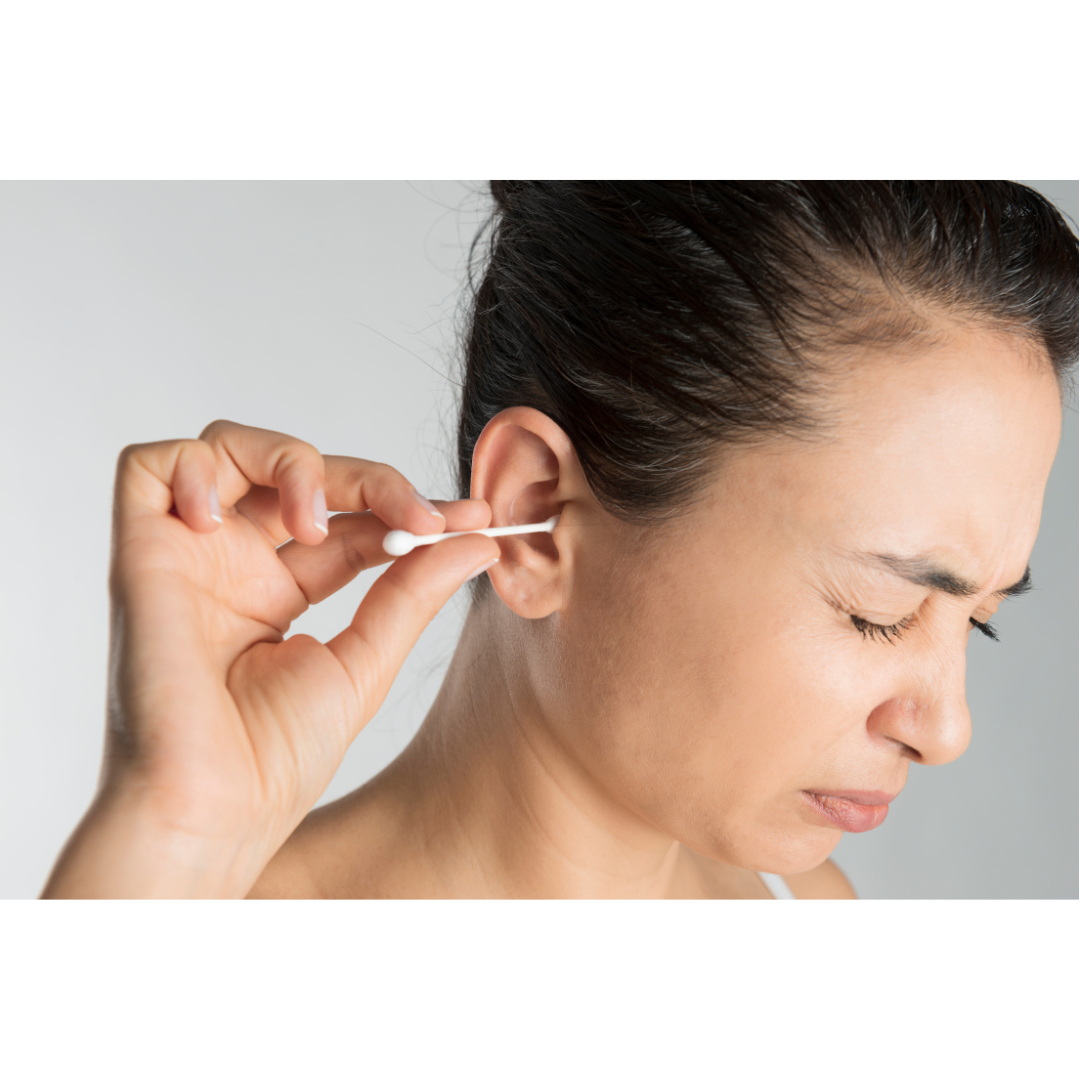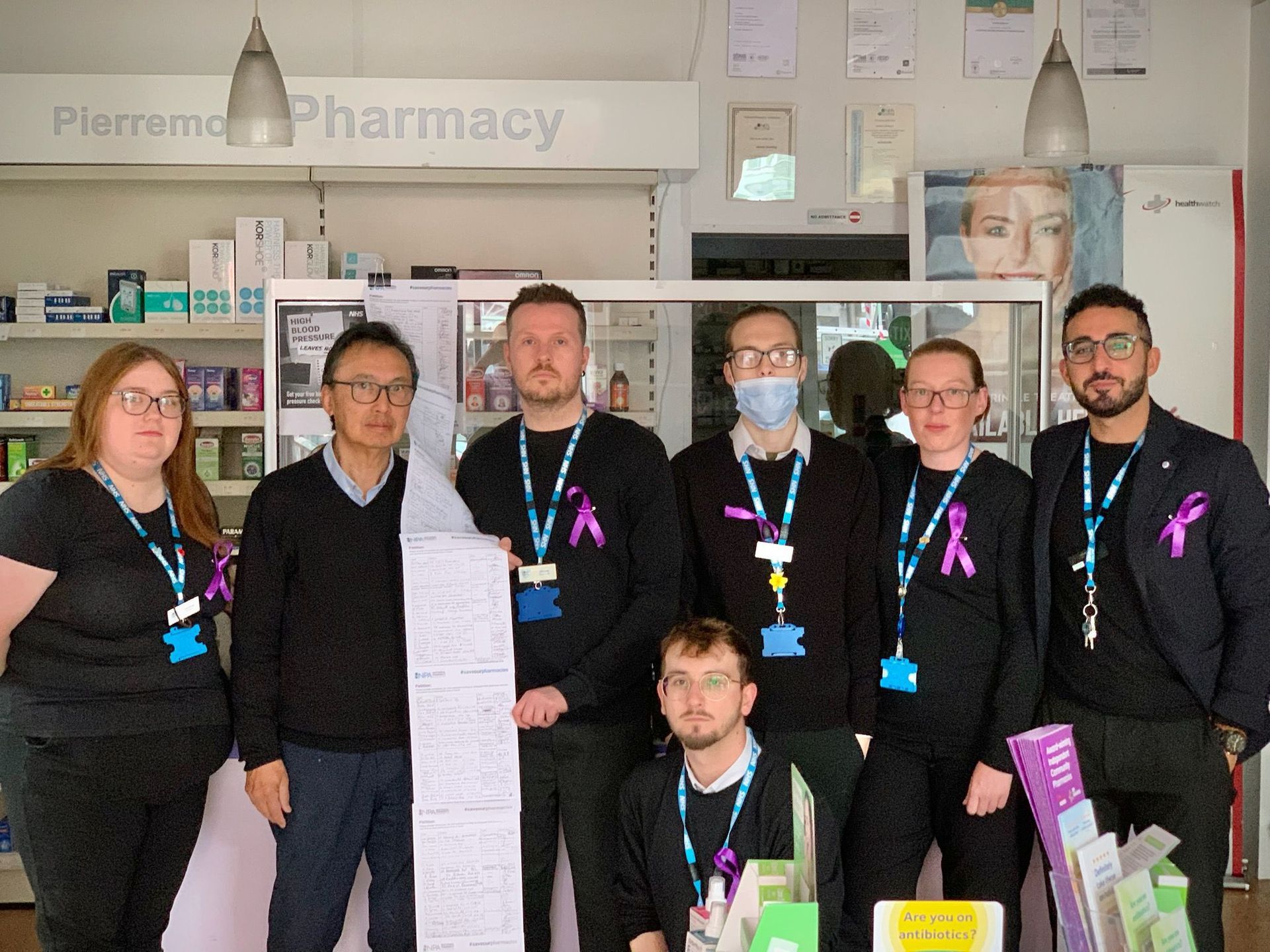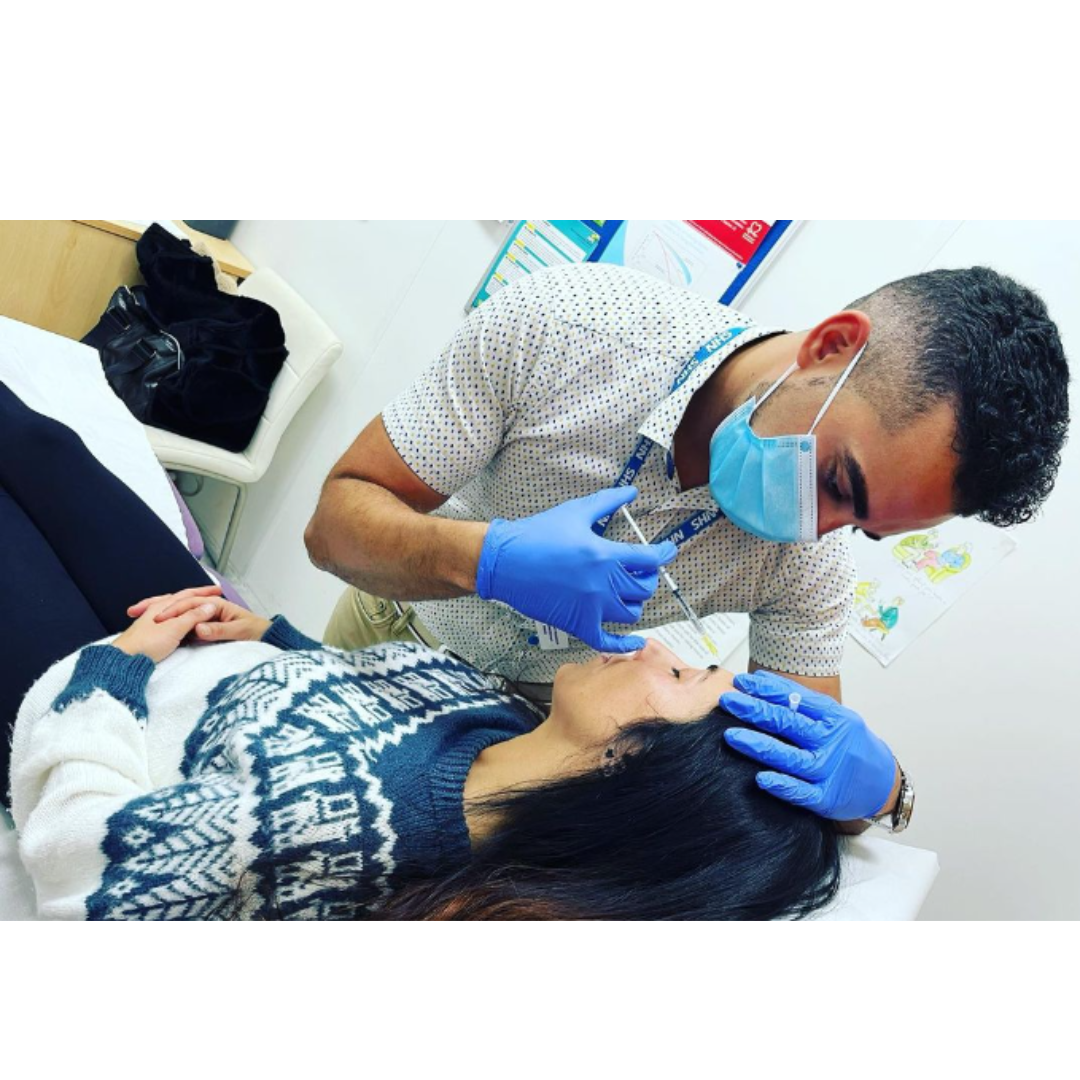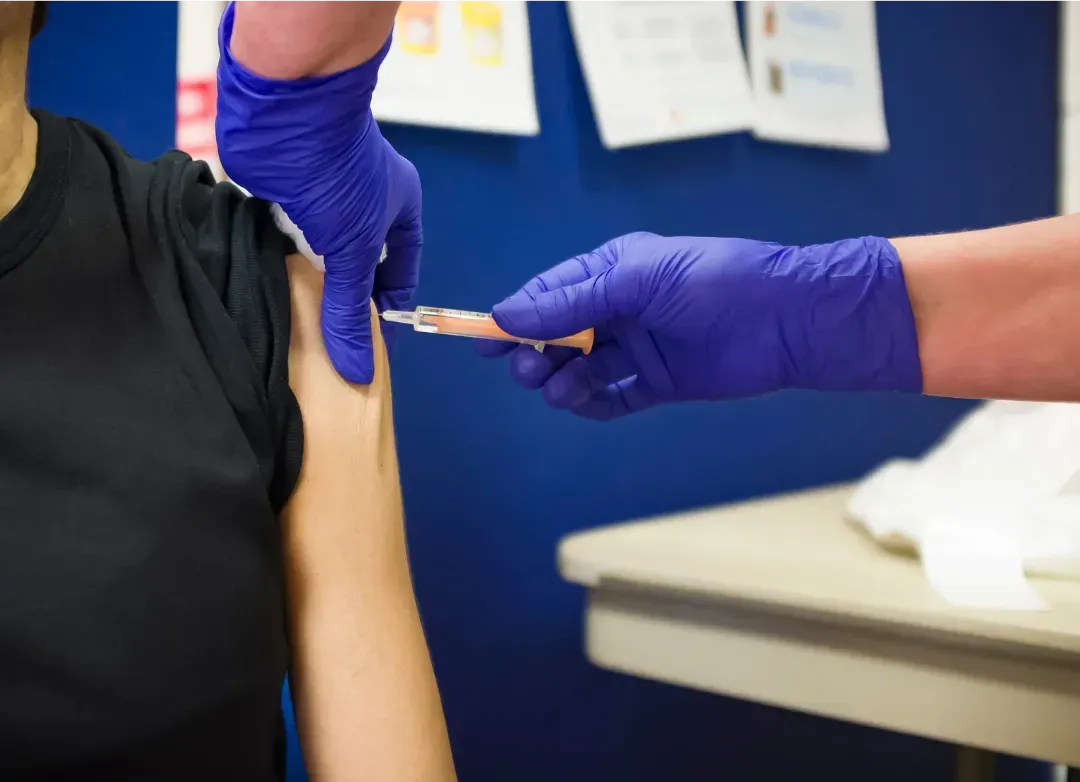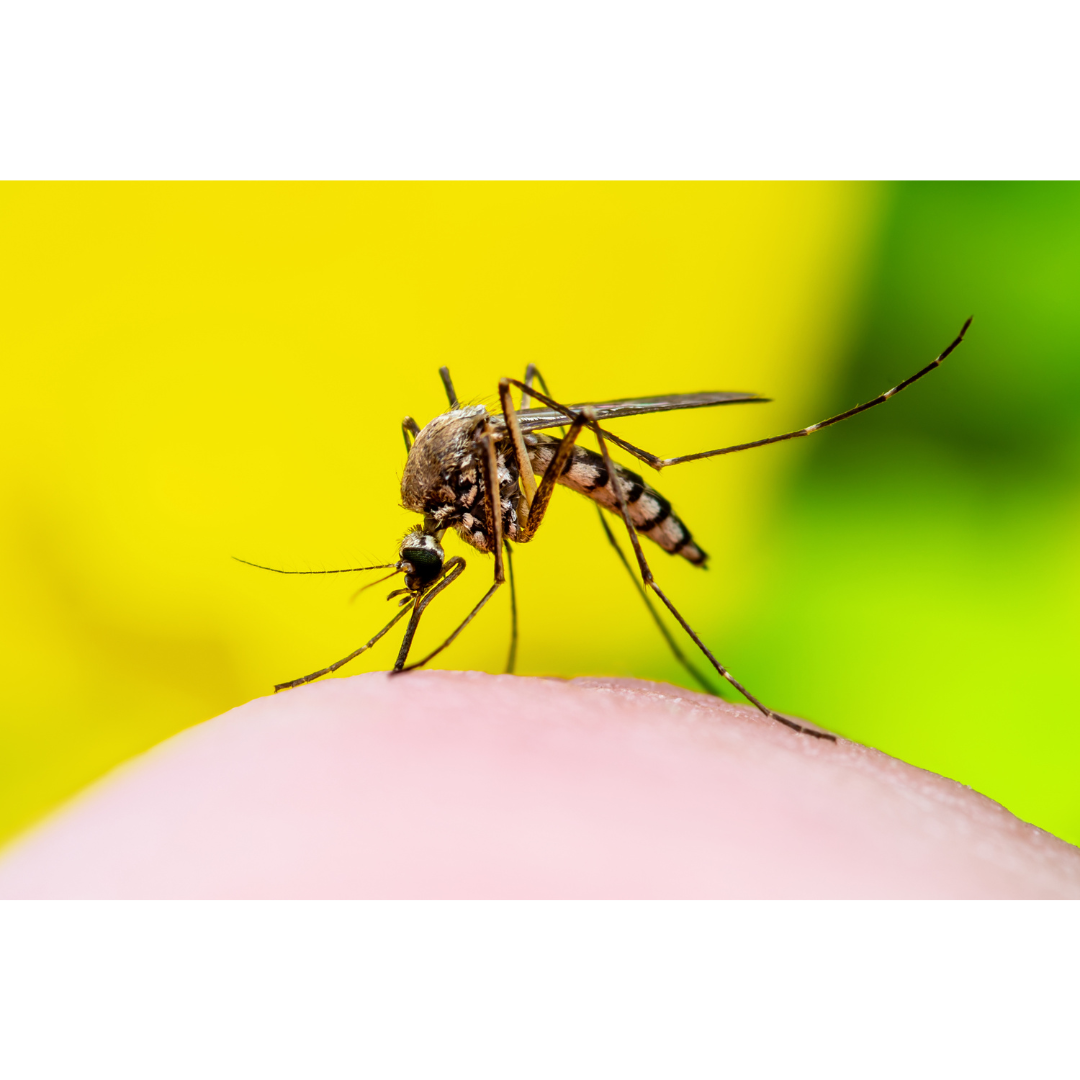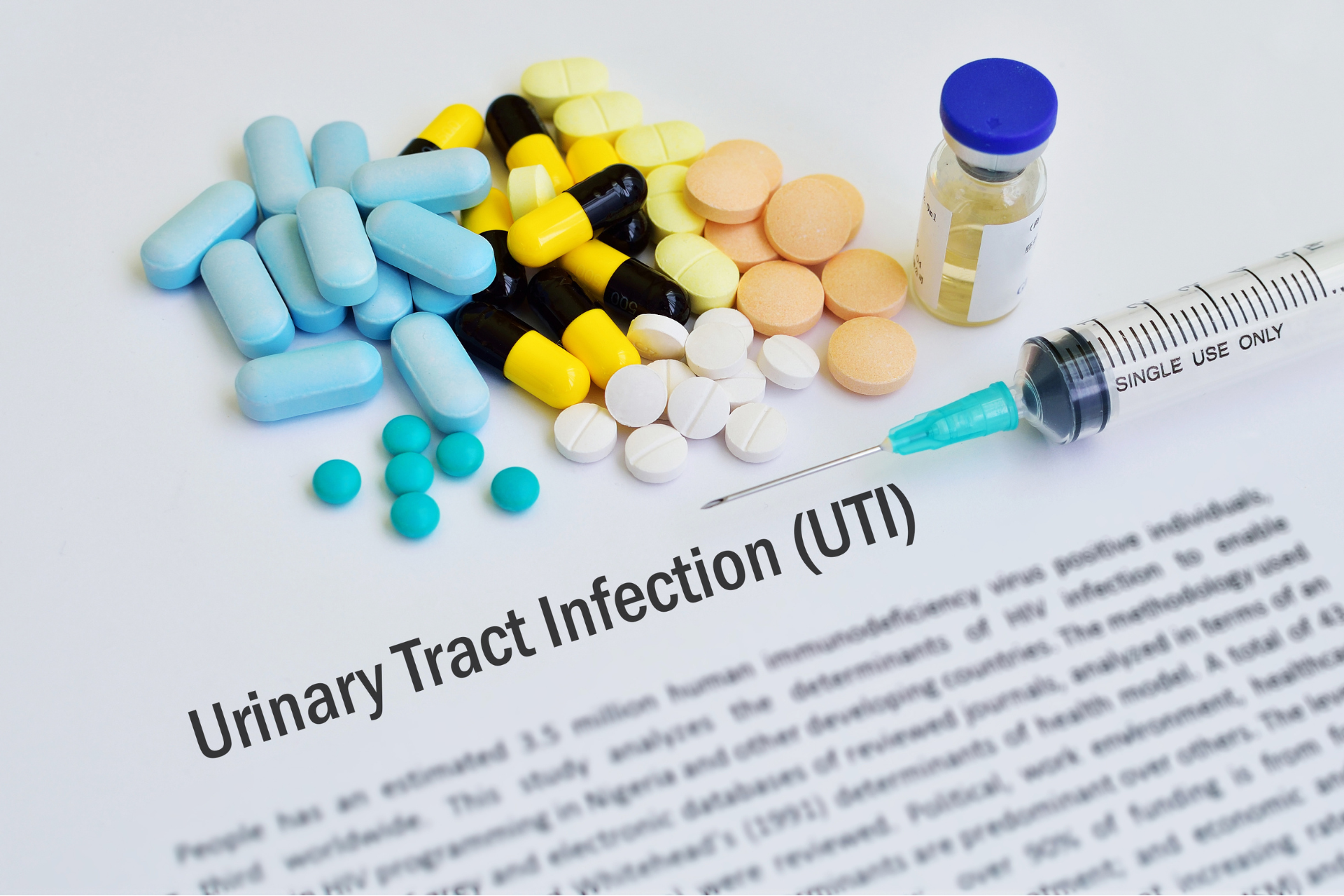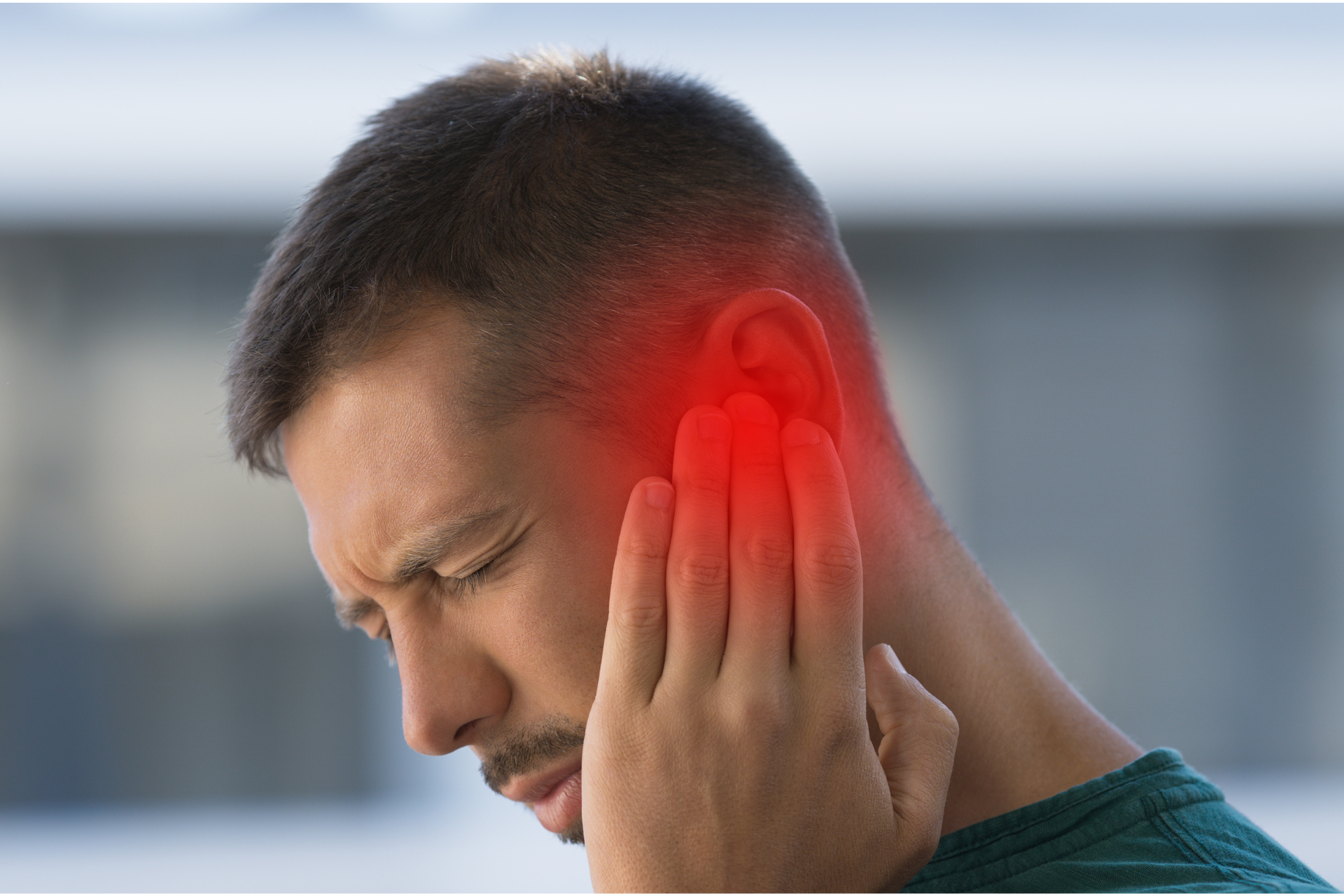Pharmacy First – Shingles
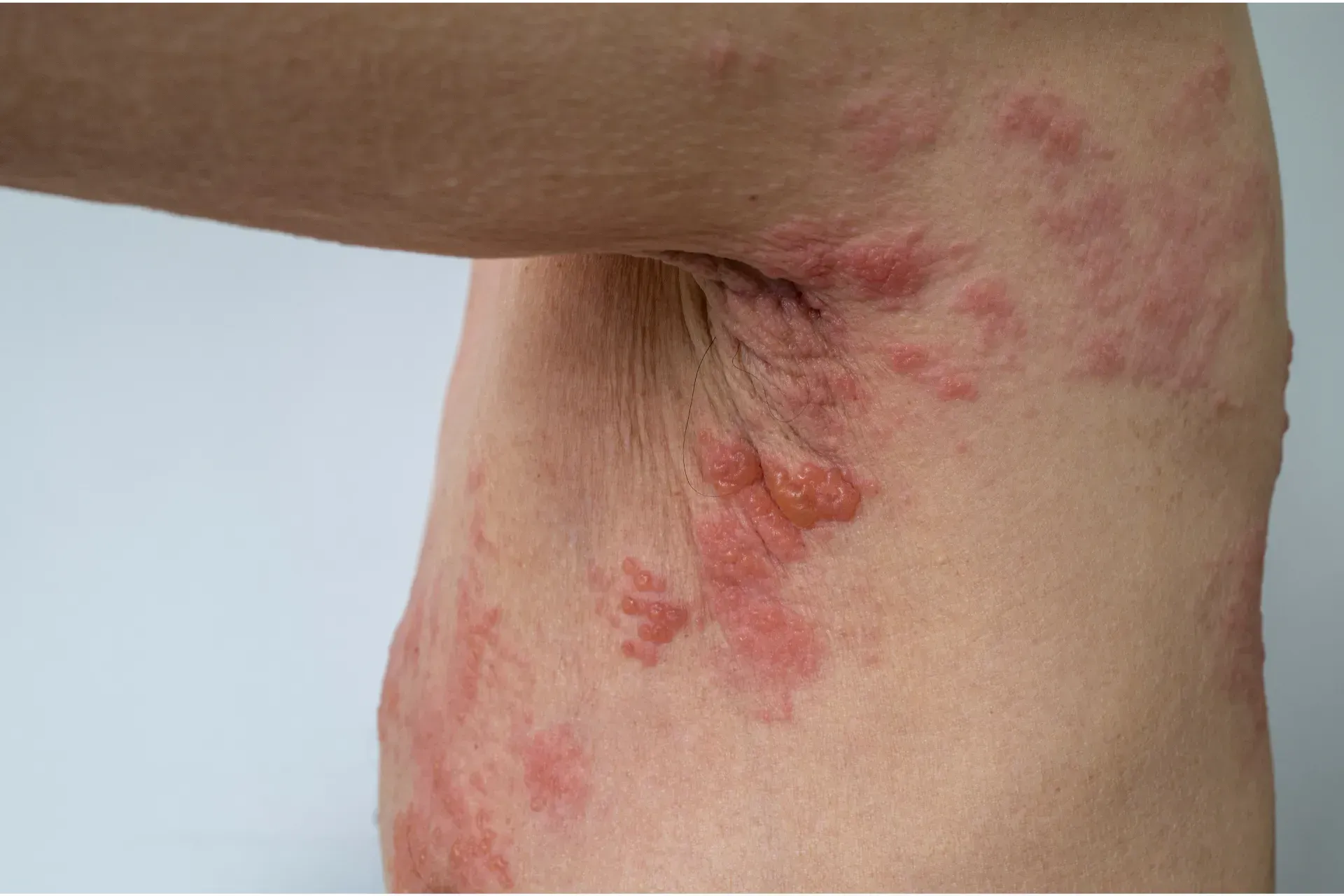
Shingles may sound ominous, but it is quite a common health condition, which is now covered under a free service called NHS Pharmacy First. In fact Pharmacy First covers the treatment of a total of 7 common health conditions, including shingles. NHS Pharmacy First is available at Pierremont Pharmacy! The recent introduction of this service means you can receive appropriate professional treatment for any of the 7 health-related concerns. This blog focuses on shingles which, as we have said, is covered by this new service.
Shingles is caused by a viral infection. In fact its the same virus that causes chickenpox. Unusually, shingles only occurs in people who have suffered previously from chickenpox. As a result, shingles itself is not contagious however, you can catch chickenpox instead. So it's important to maintain good hygiene routines when in proximity to anyone with a current case of shingles. Caution is especially necessary for people who have compromised immune systems, to safeguard these people. Shingles presents as blisters following a nerve tract on the body, usually located on the chest, back or face.
Symptoms of Shingles
Symptoms of shingles usually include:
- A blistering rash which can appear as a band or strip on the body
- Fever
- Headache
- Fatigue
- Light sensitivity
- Affected vision (if the blisters occur on the face)
- Burning / itchy skin
The symptoms listed above are those which usually present in cases of shingles. The symptoms can be hard to cope with, particularly the painful rash which typically lasts up-to 4 weeks. Now, thanks to the newly-introduced NHS Pharmacy First service this condition and 6 other conditions can be readily dealt with by the team at Pierremont Pharmacy. Pharmacy First is a FREE, NHS service. Over the course of four weeks the rash will likely go through several specific stages before ultimate recovery. Initially the rash presents as blisters or red sores, these will “pop” after a couple days. Do not fret this is normal! Over the course of about a week these popped blisters will dry out and eventually scab over. Finally entering the last stage of healing. This can take somewhat longer but the scabs will eventually fall off.
Treatment for shingles:
If you have any concerns about shingles, why not utilise the new NHS Pharmacy First service. There is more to the service and other treatment options are available but Pharmacy First is by far the most convenient for most people when needing help with shingles or any of the six other conditions covered by the service
Interested and want to book an appointment, click here:

Medication is usually given to manage symptoms of shingles. A GP or pharmacist might prescribe:
- Antiviral medication
- Over-the-counter painkillers
- Topical creams or ointments
- Antidepressants or Anticonvulsants
- Corticosteroids
NB: anti-viral medication is available under the Pharmacy First scheme.
Antiviral medication would usually be prescribed within 72 hours of symptoms first appearing and this type of treatment can help shorten the length of the outbreak, thus reducing the overall length of time to recover. Antiviral medication can be used outside the initial 72 hours of symptoms occurring if your health practitioner thinks it will be beneficial. This is why you should always consult with your pharmacist or GP if you believe you have shingles.
Over-the-counter painkillers this treatment option is used to manage symptoms of shingles, this condition can be painful and as such, your health practitioner might give you over-the-counter medication, or prescription-strength painkillers if deemed necessary when pain is severe.
Topical creams or ointments will be prescribed when itching or discomfort occurs around the site of the rash. This type of treatment can provide significant relief to patients suffering from this condition. Also, an easy straightforward treatment to use, as it can be applied directly to the affected area.
Antidepressants & Anticonvulsants though seemingly unusual antidepressants & anticonvulsants can be prescribed for shingles to help manage the pain associated with nerves. Usually only prescribed once the blisters have healed but the pain persists, this is a rare case when it's best to consult with a GP who will advise the next actions to determine whether this is a suitable treatment.
Corticosteroids, there are some cases where corticosteroids may be used to treat shingles. However, this type of treatment is somewhat controversial and should be carefully considered on an individual basis before being used. Corticosteroid is a steroid-based treatment. Where evidence suggests it can have side effects that affect the immune system, thus making it harder to recover from shingles overall. In addition to this, it can cause other side effects such as osteoporosis. Due to these reasons typically, you will not be prescribed this option unless you have a severe case of shingles.
Complications of shingles?
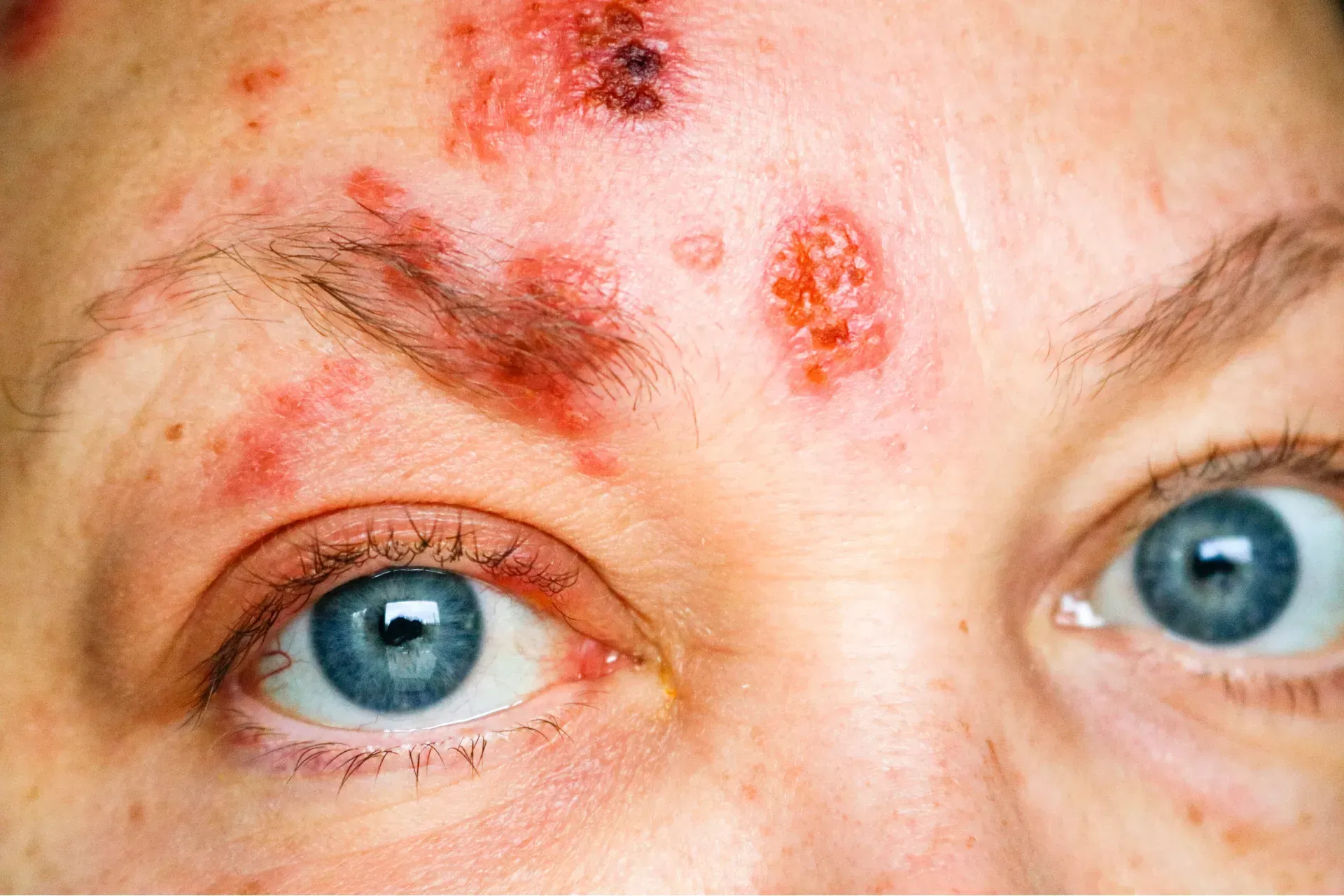
Shingles is common and can be very unpleasant but it’s rarely a danger to long-term health. Rare but serious complications can arise so you need to be aware of the symptoms. A relatively common complication is where the rash becomes infected. This which will need to be treated with antibiotics. Rashes located on the face can (rarely) spread to to your eyes potentially impairing vision. In the rarest of cases you could develop Ramsay Hunt Syndrome. This is an extremely rare but serious complication that cases, can affect the nerves in your face weakening them and even affecting your hearing. So if you notice any singles-type symptoms book an appointment with our pharmacist under NHS Pharmacy First or consult with your GP.
Who is at Most Risk?
There are two major risk factors to consider which may increase your risk of developing shingles. First, there is an age-related risk. People over the age of 50 have a higher chance of developing shingles. This is attributed to our immune system which weakens as we age. Coincidently, this is the second major risk factor. Those who are taking medication that affects the immune system, for example steroids or chemotherapy. Those individuals are at greater risk of developing shingles and suffering more severe symptoms because their body will have a harder time fighting infection. So its vital to spot the symptoms as early as possible to avoid serious health complications.
How can NHS Pharmacy First help me?
The new Pharmacy First service means the team at Pierremont Pharmacy can provide both advice and treatment for patients directly. No need to bother your GP. We can provide you with medication where appropriate to address shingles or any of the other six conditions covered by the service. NHS Pharmacy First has truly revolutionised the way patients access healthcare in the UK.
Feel free to book an appointment or simply pop in and speak to our award-winning pharmacy team:

Conclusion
Shingles is a generally mild and common health condition. It presents with red sores or blisters across the body and/or face and usually resolves without problems. However, shingles symptoms can be uncomfortable and sometimes very painful. When shingles occurs, speak with a pharmacist to confirm and treat your symptoms as soon as possible. This can reduce the risk of serious complications from developing.
Pharmacy First to the rescue!

